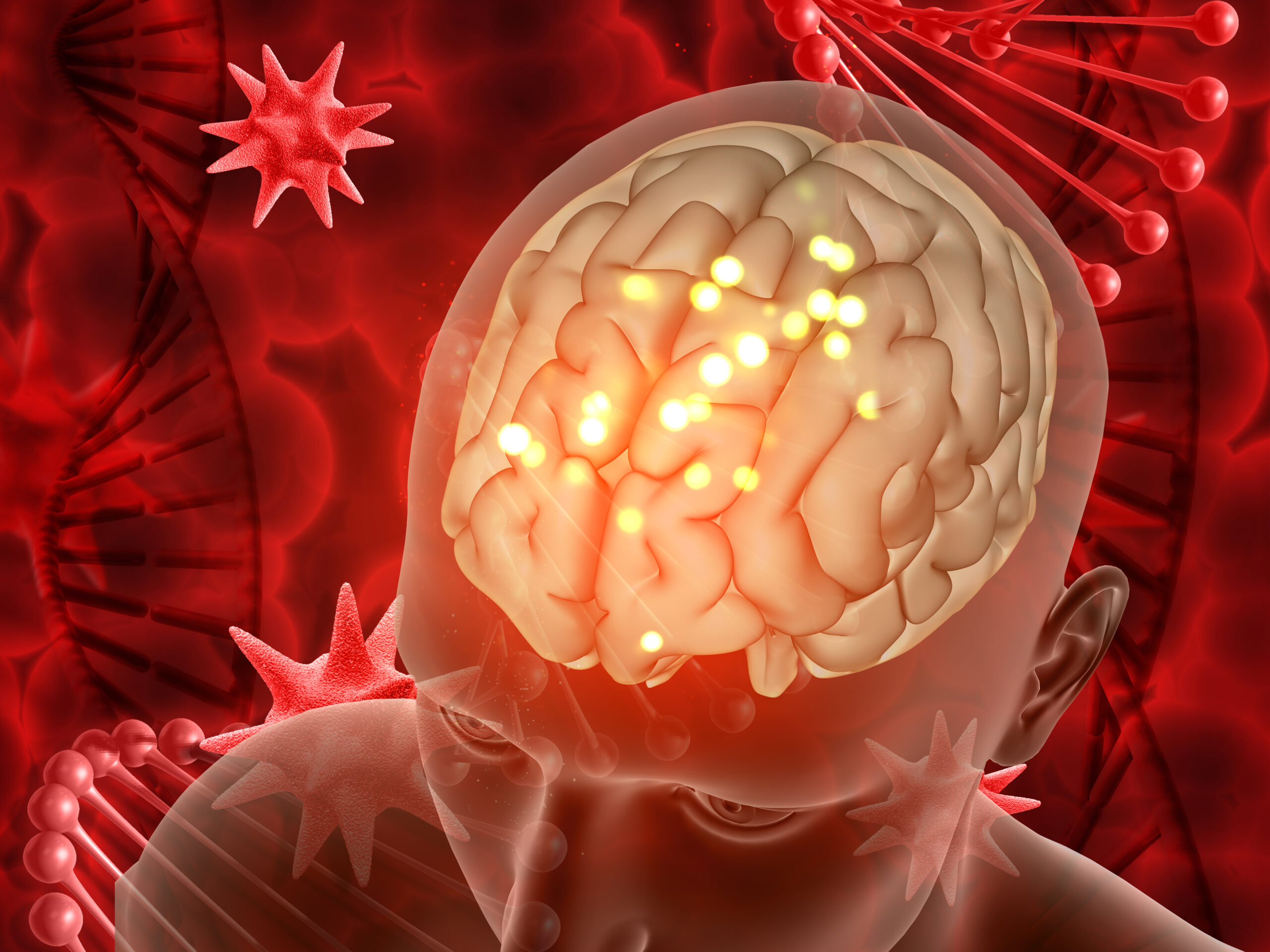Organoid Library Reveals Mechanisms of Chemotherapy Resistance in Esophageal Cancer
Journal: Communications Biology
Author: Shunsaku Nakagawa et al., Japan
Researchers established a 24-patient esophageal squamous cell carcinoma organoid library that accurately reflects tumor traits. Analysis identified NRF2 pathway activation as key to chemotherapy resistance, even without gene mutations. The study discovered biomarkers for predicting treatment resistance and identified fedratinib as a promising alternative therapy.
Retinal Stem Cells Discovery Opens New Path for Treating Eye Disorders
Journal: Translational Medicine
Author: Hui Liu et al., China
Scientist identified specialized neural retinal stem-like cells in fetal retinas and organoids that can regenerate all retinal cell types. When transplanted in mice with retinitis pigmentosa, these cells improved vision and reduced degeneration, showing promising therapeutic potential.
FrCas9: Superior Gene-Editing Tool Shows Promise for Clinical Applications
Journal: Science Advances
Author: Rui Tian et al., China
This research reveals FrCas9 outperforms SpCas9 and OpenCRISPR-1 with higher on-target efficiency and fewer off-target effects. Enhanced by TREX2 fusion, it reduces harmful genomic rearrangements, making it ideal for therapeutic gene editing.
Chemical Reprogramming: Revolution in Stem Cell Technology
Journal: Trends in Biochemical Science
Author: Lin Cheng et al., China
Small molecule-based chemical reprogramming emerges as a groundbreaking approach for generating human pluripotent stem cells by precisely controlling signaling pathways and epigenetic states. Unlike traditional transcription factor methods, this technique’s unique mechanisms reshape cellular identity and enhance somatic cell plasticity, opening new possibilities for patient-specific treatments and tissue regeneration.




